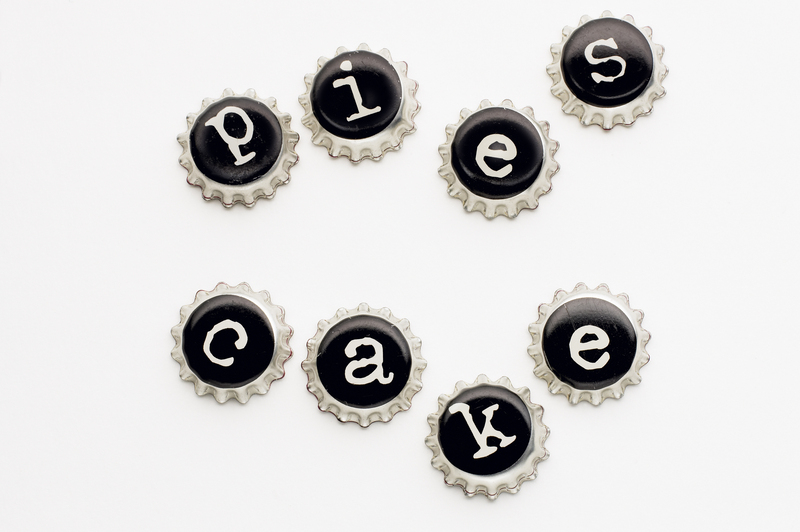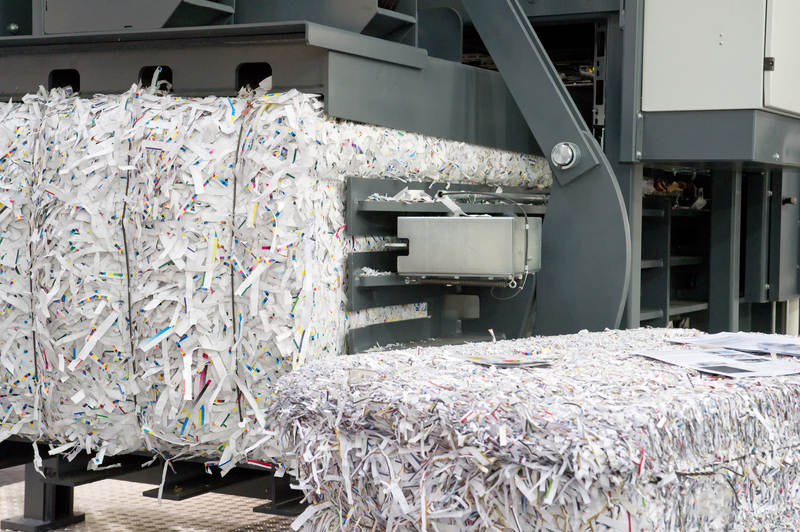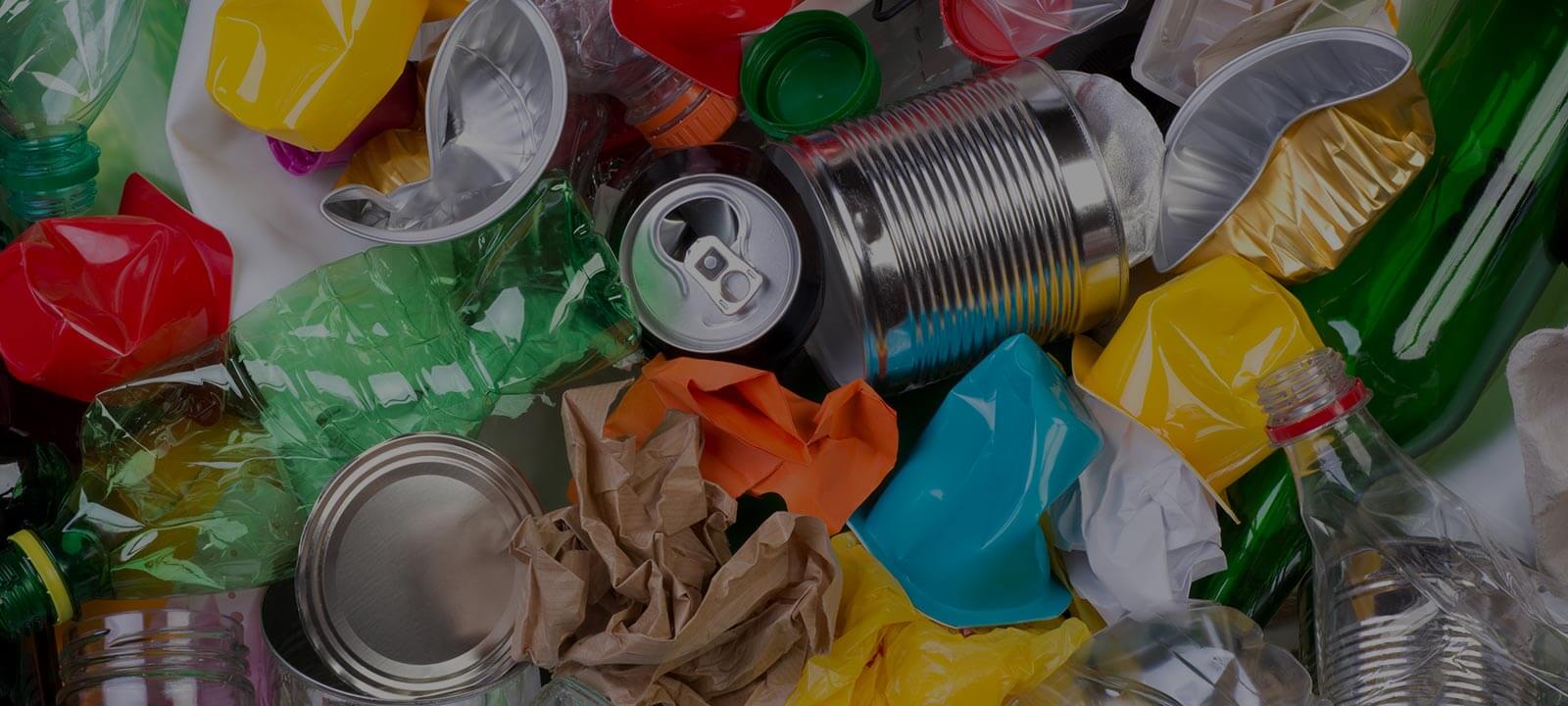Strategies for Excess Household Debris
Posted on 10/12/2024
Household debris can accumulate quickly, creating clutter and reducing the functionality of your living spaces. Effective management and disposal strategies are essential to maintain a clean, organized home environment. This article explores various strategies for managing excess household debris, from decluttering techniques and recycling methods to hiring professional services.
Understanding Household Debris
Household debris can originate from various sources, including daily activities, home improvement projects, seasonal changes, and more. Common types of debris include:
- Trash: Everyday waste such as food wrappers, packaging, and disposable items.
- Recyclables: Materials like paper, plastic, glass, and metal that can be recycled.
- Yard Waste: Leaves, grass clippings, branches, and other organic material from landscaping activities.
- Bulky Items: Large objects such as furniture, appliances, and mattresses.

Decluttering Techniques
Decluttering is an essential step in managing household debris. Implement these techniques to streamline the process:
The Four-Box Method
This method involves using four boxes labeled:
- Keep
- Donate
- Sell
- Trash
Sort through your items and place them in the appropriate box. This strategy helps you make quick decisions and stay organized.
The KonMari Method
Popularized by Marie Kondo, this method encourages you to keep only those items that "spark joy." Review each item individually and decide if it adds value to your life. This mindset helps reduce unnecessary clutter.
Room-by-Room Cleaning
Tackle one room at a time, starting with the most cluttered areas. This focused approach prevents overwhelm and allows for thorough cleaning and organization.
Recycling and Reusing
Proper recycling and reusing strategies can significantly reduce household debris:
Set Up a Recycling Station
Create a designated area in your home for sorting recyclables. Clearly label bins for paper, plastic, glass, and metal to simplify the process.
Composting Organic Waste
Composting is an eco-friendly way to manage yard waste and kitchen scraps. Set up a compost bin in your backyard or use a countertop compost container for smaller spaces. Compost helps reduce landfill waste and creates nutrient-rich soil for gardening.
Repurposing Items
Get creative with repurposing items around your home. For example, old jars can be used for storage, and wooden pallets can be transformed into furniture. Repurposing reduces waste and can add a unique touch to your home decor.
Disposal Options for Bulky Items
Bulky items like furniture and appliances require special disposal methods:
Donation
If your items are in good condition, consider donating them to local charities, shelters, or thrift stores. Many organizations offer free pick-up services for large donations.
Sell or Give Away
Use online marketplaces, social media platforms, or community groups to sell or give away your items. This option not only helps you declutter but also benefits someone else in need.
Professional Junk Removal Services
Hire a professional junk removal service to handle large, heavy items. These services are equipped to manage bulky debris safely and efficiently. Be sure to choose a reputable company that prioritizes responsible disposal practices.
Seasonal Cleanup Strategies
Spring Cleaning
Spring is an ideal time for a thorough household cleanup. Focus on deep cleaning, decluttering, and organizing all areas of your home, including storage spaces, closets, and garages.
Fall Cleanup
Preparing your home for the colder months involves cleaning gutters, raking leaves, and organizing outdoor items. Implement a system for managing yard waste and storing seasonal items.

Regular Maintenance and Habits
Establishing regular maintenance routines can prevent the buildup of household debris:
Daily Habits
Adopt daily habits such as tidying up common areas, taking out the trash, and doing a quick sweep of recycling bins. These small actions can prevent clutter from accumulating over time.
Weekly Cleaning Schedule
Create a weekly cleaning schedule to address different areas of your home. Assign specific tasks like vacuuming, dusting, and laundry to specific days to maintain a clean environment consistently.
Monthly Decluttering Sessions
Set aside time each month for a mini decluttering session. Focus on one area, such as a closet or a drawer, to keep your home organized year-round.
Conclusion
Managing excess household debris requires a combination of effective strategies and consistent effort. By implementing decluttering techniques, recycling and reusing materials, choosing appropriate disposal methods for bulky items, and maintaining regular cleaning habits, you can create a clean, organized, and functional living space. Remember, the key to success is staying proactive and making debris management a part of your daily routine.
Take charge of your household debris today, and enjoy the benefits of a clutter-free home environment.
Latest Posts
Alternatives to Common Plastic Items
Recycling Strategies for Non-Compostable Garden Materials






